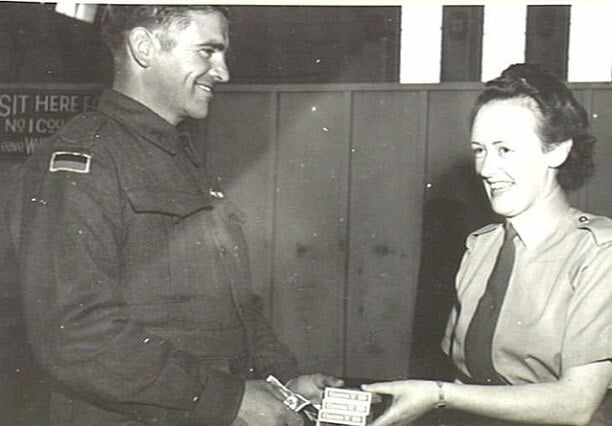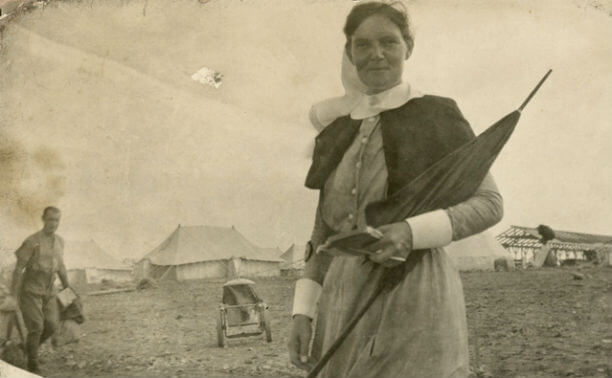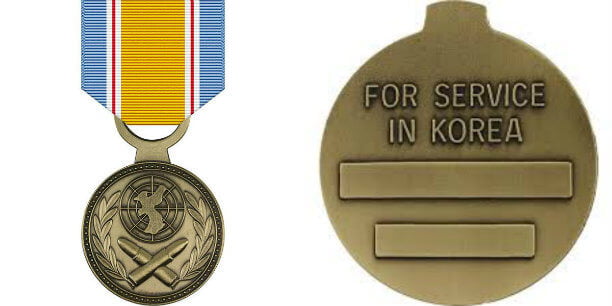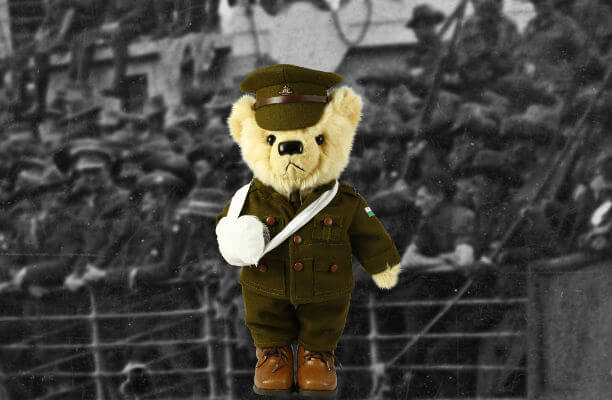
Australia's would-be, three-VC digger
The Victoria Cross was instituted by Her Majesty Queen Victoria in 1856 to recognise "most conspicuous bravery, or some daring or pre-eminent act of valour or self-sacrifice, or extreme devotion to duty in the presence of the enemy”. Along with the Congressional Medal of Honour, the Victoria Cross is the most well-known award for gallantry in the world. It has only been bestowed 1,358 times during the course of the last 161 years, and only 15 times since WWII. Ninety-six Australians have been awarded the Imperial VC, with an additional four receiving the Victoria Cross for Australia, which was instituted in 1991 as an equivalent award exclusively for Australians. Only three people have twice been decorated with the VC.
However, one of Australia’s most famous diggers could conceivably have been the first person to receive the Victoria Cross on three separate occasions, according to some. On 19 May 1915, three weeks after landing at Gallipoli, the Ottoman forces on the peninsula launched a large-scale frontal assault across the line of entrenched ANZAC positions above the beach. Some Turks captured a small section of trench at a location known as Courtney's Post. Early attempts to drive them out failed, until Albert Jacka, taking advantage of a diversion created by bomb throwers at one end of the Turkish position, leapt in, killing most of the enemy occupants. Jacka was the first Australian to be decorated with the VC during the First World War, and instantly became a hero to the men in the trenches and to Australians at home.
Subsequently, after being shipped from Gallipoli to the Western Front, Jacka’s reputation for effective leadership and unparalleled bravery continued to grow. He was awarded the Military Cross twice - at Pozières in August 1916 and at Bullecourt in 1917. He was also recommended for the Distinguished Service Order in 1917 for his actions during the Battle of Polygon Wood, but was never decorated.
Many of his contemporaries, as well as military historians since, have argued that Albert Jacka deserved two further Victoria Crosses for his acts on the Western Front. The official Australian war historian, Charles Bean, remarked that his actions at Pozières was “the most dramatic and effective act of individual audacity in the history of the AIF”. Similarly, the historian John Laffin noted that “I have always wondered why Jacka was not given another VC; his Pozières exploit exceeded in bravery, leadership and military result many deeds for which the VC was awarded”. Indeed, the same could be said for his actions at Polygon Wood.
Some have argued that Jacka’s outspoken and forthright manner antagonized his superiors, and that this was the reason he was never decorated with a second or third Victoria Cross. Others have speculated that the conservative British military establishment of the time was reluctant to bestow such an unprecedented honour upon a “colonial”. Regardless, Jacka’s personification of the Anzac spirit has secured his place in Australian history.
At the conclusion of the First World War, Captain Albert Jacka, VC had received the following medals:
Victoria Cross
Military Cross and Bar
1914-1915 Star
British War Medal
Victory Medal
If you are interested in treasuring a piece of Australia’s military heritage and honouring the digger spirit, contact the Military Shop for a mounted replica set of Captain Albert Jacka’s medals.
Explore our selection of replica medals and mounting services.




















